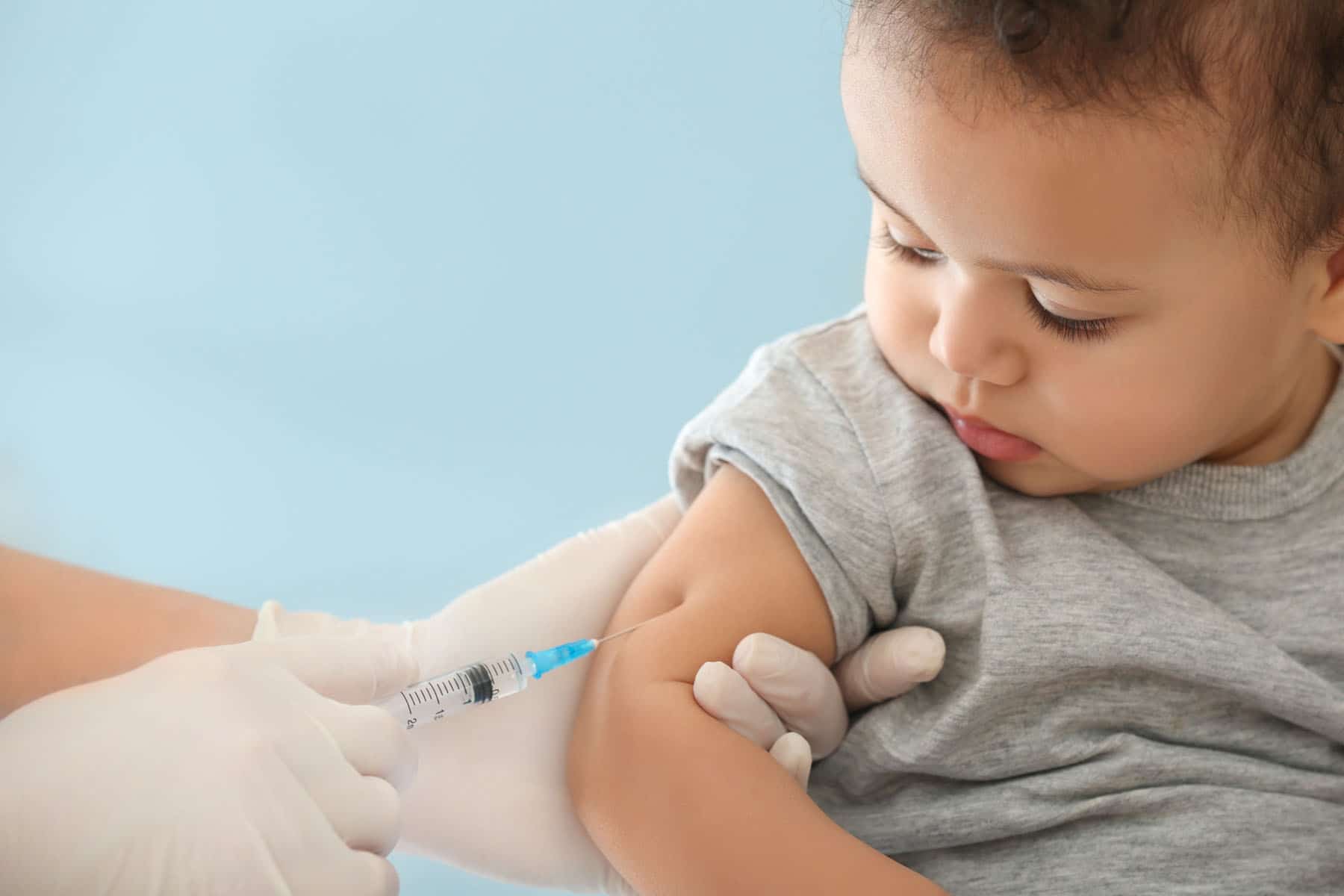US warns about new coronavirus variants if infections don’t remain low

Washington, May 18 (EFE).- The top US government epidemiologist, Dr. Anthony Fauci, said Wednesday that if a low Covid-19 infection rate is not maintained new coronavirus variants will arise that will make the fight against the pandemic even more complicated.
Fauci spoke during the first press conference the White House pandemic response team has offered in two-and-a-half months, just after the country has exceeded one million Covid deaths, the highest official total for any nation in the world.
Fauci said that, over time, immunity against Covid acquired by vaccination diminishes and so it’s very important for people to be up to date with their vaccine doses, especially their booster shots.
Fauci’s remarks come at a time when many US states are registering increased levels of new Covid infections and hospitalizations resulting from the appearance of new and more contagious sub-variants of the Omicron strain of the coronavirus.
Virus deaths have not increased at the same rate as infections thanks, in part, to the effect of the vaccines and the appearance of treatments against Covid-19, including the Pfizer pill Paxlovid.
However, the danger posed by the appearance of new variants is that the immunity acquired against earlier forms of the coronavirus may not protect the population once the beneficial effect of the first vaccines diminishes or disappears.
According to the US government experts, the new generation of anti-Covid vaccines is already under development and hopes are that they will be available by the autumn or winter season, when cases of respiratory infections of all kinds generally increase.
However, if the country wants to have the chance to buy enough vaccine doses to protect the population, Congress must authorize the $22.5 billion in additional spending that the White House has requested, according to the government’s new Coronavirus Response Coordinator, Dr. Ashish Jha.
Saying that if vaccine spending is not approved the US could see a large number of “unnecessary deaths,” Jha added that “I want to make sure we have enough resources that we can buy enough vaccines for every American who wants one. I think that is absolutely critical. We do not have the resources to do that right now.”
“So, without additional funding from Congress, we will not be able to buy enough vaccines for every American who wants one, once these new generation of vaccines come out in the fall and winter,” he said.
He said that the US administration has already held preliminary conversations with vaccine manufacturers but they cannot begin negotiating in earnest as long as there are no funds allocated to purchase the meds, and they are running the risk of being “left behind” compared to other countries that already have approved the funding needed to buy the vaccines.
Jha also said that his team is preparing for any scenario, including one in which they receive less funding than the government has requested.
He said, however, that he was sure that the funds would be allocated to be able to vaccinate “some” Americans, although perhaps only the high-risk population.
The health experts were all in agreement on continuing to recommend the use of facemasks in situations where the risk of infection is heightened and also for all people who may receive them to get vaccine booster shots.
In that regard, the director of the US Centers for Disease Control and Protection (CDC), Dr. Rochelle Walensky, noted that many people under age 50 still have not gotten their first booster shot against Covid-19.
According to CDC figures, 66.5 percent of the US population has been fully vaccinated but just 46.4 percent have gotten their first booster shot.
Walensky said that there are still a lot of people who have not had their third vaccine dose.
She emphasized the importance of these people getting boosted so that the Food and Drug Administration can approve the use of a fourth dose for this age group, something that is it still not recommending except in high-risk cases.
In like manner, children age 6 and under, who still cannot get vaccinated in the US, should soon be included in the immunization strategy, although none of the experts went so far as to put a date on when that policy change would be made.
According to Jha, the FDA is in charge of approving the use of vaccines for different age groups and in the case of children 6 and under the agency wants to ensure that it has all the relevant data before making a definitive decision.





